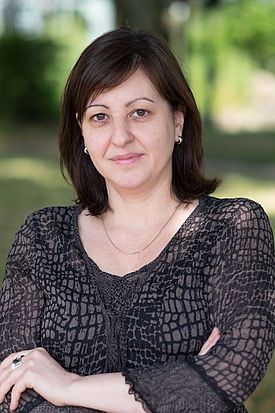Maria-Helena Ramos
INRAE (Institut national de recherche pour l'agriculture, l'alimentation et l'environnement)
Antony, France
Fellowship Period: 10.2022 - 06.2023
I am a research scientist in hydrology and hydrometeorology, and occasional lecturer on hydrology and water resources at universities and engineering schools in Paris. My research focuses on methods to improve flood and drought forecasting, to communicate forecast uncertainty and to inform decision making in water resources management under present and future climate conditions.
Activities within WSL Fellowship
Recent droughts in Europe and across the globe have emphasized the importance of predicting water resources availability. During the fellowship, we explored the links between simulations of river low flows from the European EFAS model and two local models used at catchment scale by stakeholders in the Alpine region: the WSL PREVAH model in Switzerland and the INRAE GR6J model in France. The work highlighted the importance of locally calibrated models for accurate predictions, in particular when dealing with extreme low flow conditions (collaboration within the PhD work of Annie Chang). Low flow prediction is also crucial for the hydropower sector. During the fellowship, I also contributed to supervising the Master thesis of Rona Schenk, which focused on evaluating strategies for complementing hydropower production with solar and wind power in a conceptual case study in the canton of Valais. The work showed that a more diverse strategy, where all renewable energy sources are used according to their seasonality, often performs better, in particular under future climate conditions. Finally, the fellowship was a great opportunity to bring together the hydrology teams at WSL and INRAE, with positive prospects of future collaborations.
